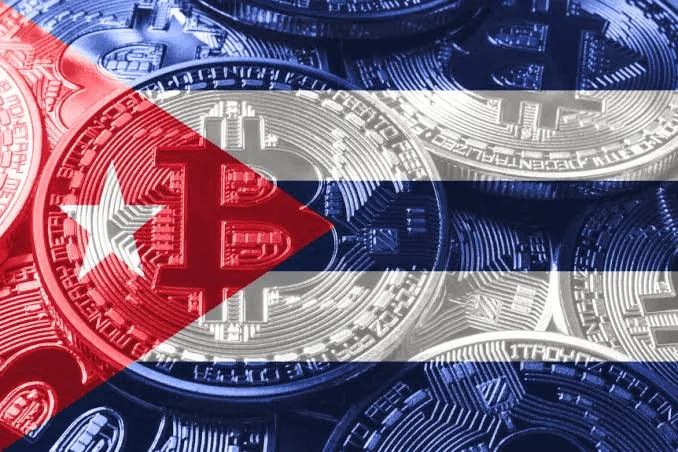In Cuba, cryptocurrency is now legal tender for commercial transactions.

The Banco Central de Cuba (BCC) — the country’s central bank — has officially released Resolution 215 of 2021, which recognises cryptocurrencies such as Bitcoin (BTC).
The directive went into effect on Wednesday, according to Cuba’s official state news agency, Prensa Latina.
Bitcoin and other cryptocurrencies can now be utilised for commercial transactions and investments in Cuba, according to the BCC’s legal recognition of cryptocurrencies.
The central bank originally revealed plans to recognise and regulate cryptocurrency in late August, as previously reported by Cointelegraph.
Resolution 215 of 2021 does, in fact, include provisions for a licencing scheme for crypto exchanges and other virtual asset service providers doing business in Cuba.
Despite the fact that crypto assets are now legal in Cuba, the BCC has issued a warning about the risks that come with them.
While crypto works outside of the country’s banking system, the BCC claims that its adoption poses major monetary policy and financial stability threats.
Cuba’s central bank also cautioned against unscrupulous actors exploiting the supposed anonymity of cryptocurrency transactions for illegal purposes.
Despite the embargo imposed by the United States, Cubans may be able to receive easier remittances from outside if crypto is recognised. Under increased pressure from Washington, global money transfer firms such as Western Union have mostly left the nation.
Indeed, in the face of severe US sanctions and the economic impact of the COVID-19 outbreak, the government is following El Salvador’s lead in adopting Bitcoin. El Salvador was the first country to legalise Bitcoin as a form of payment.
Cryptocurrency has sparked a lot of interest in Cuba in recent years, with many people seeing it as a way to achieve financial independence.
The BCC’s registration of cryptocurrencies might be a crucial step toward establishing the island nation’s struggling economy’s cryptocurrency industry as a formal sector.
